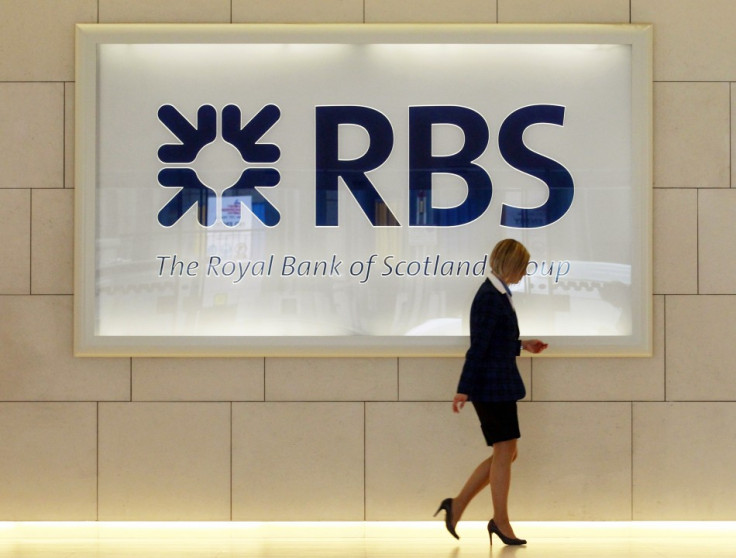RBS Privatisation: George Osborne Appoints BlackRock as 'Bad Bank' Adviser

UK Chancellor George Osborne has appointed risk analyst BlackRock Solutions as advisers on the Treasury's review of whether or not it should split the toxic assets of RBS off into a separate "bad bank" ahead of its eventual privatisation.
Osborne announced in his annual Mansion House speech that Treasury officials will look into the benefits of splitting RBS into "good" and "bad" banks, which is 81% owned by the taxpayer after a financial crisis bailout to prevent its collapse. The review will conclude in autumn 2013.
BlackRock Solutions, whose parent company is the world's largest asset manager, will work alongside Rothschild and Slaughter & May in the review, which have both already appointed as corporate finance and legal advisors respectively.
The firm, which employs more than 10,100 people across 30 countries, will likely gain around £1m in fees for its work, according to The Times. IBTimes UK understands there will be a cap of £3m on BlackRock's fee.
Taxpayers will not foot the bill directly, with RBS set to pay from its own books.
A contract with the details will be published in 20 days.
Since being bailed out to the tune of £45bn ($68bn, €52bn) by the Treasury, RBS has undergone a reform programme to its balance sheet.
It has been winding down risky assets, built up before the financial meltdown, and will shift its focus away from investment banking, towards supporting the real UK economy of consumers and small firms.
Stephen Hester, the RBS chief executive who has overseen these changes, will leave the bank before the privatisation process is started. He was ousted by the board who said they want someone new to oversee the next stage for RBS.
The Treasury asked investment banks to submit proposals by 8 July on why they should be considered advisers for the privatisation of RBS and Lloyds, in which taxpayers hold a 39% stake after a similar bailout in the financial crisis.
Britain's government is looking to appoint a bookrunner, co-lead managers, capital markets advisers and strategic advisors for the share sales.
RBS has already returned £5.5bn in fees to the government. Accounting for inflation and deducting the fees paid back so far, the government would need to make around £46bn from the sale of its RBS stake just to break even.
The average price the government paid to purchase RBS shares during the bailout, which came in two stages, was 502.26p per share. RBS calculates that to break even the average sale price will have to be 440.64p.
Chancellor George Osborne's recent statements on its future during his annual Mansion House speech in the City of London suggested that Lloyds is in a better position than RBS to return to privatisation.
Osborne indicated that would not be sold, as he had hoped,RBS before the next parliament in 2015.
"I don't want a quick sale of our RBS shares. I want the right sale for British people," Osborne said.
---
What is a 'bad bank'?
This is a financial institution set up for the purpose of holding badly performing, very risky loan-backed securities that are at threat of default. The 'bad bank' is then guaranteed by the government and the loan assets held there are wound down over time.
Bad banks are a tool used to protect financial institutions from collapsing because of their portfolio of dodgy assets. In effect, it is a way of cleaning their balance sheets, though it is only really sweeping the dirt under the taxpayers' carpet - who take on all the risk.
© Copyright IBTimes 2025. All rights reserved.






















